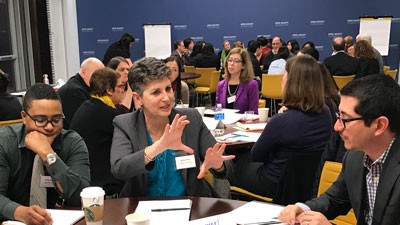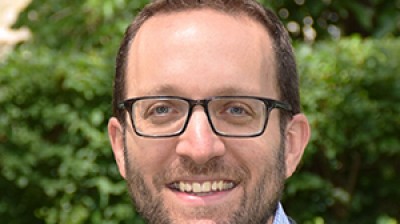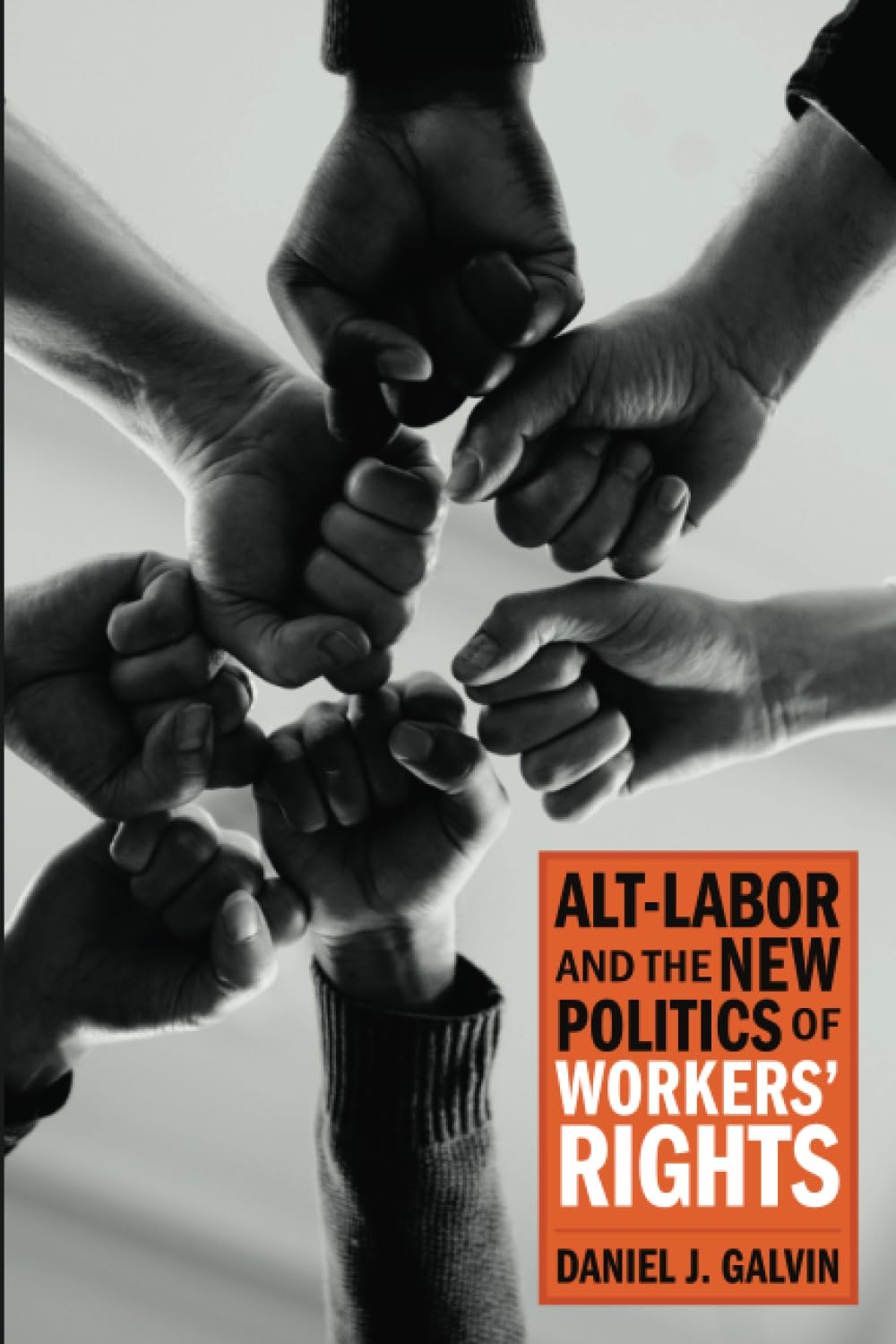
The Workplace Justice Lab@RU aims to address economic inequality through supporting, strengthening, and fostering innovations in government and grassroots organizations. We do this by building dynamic communities of learning and practice, carrying out cutting edge research, and offering specialized training, webinars and in-depth one-on-one consultations.
To help us achieve our goals, the Workplace Justice Lab@RU leads two cutting-edge programs: Beyond the Bill (formerly Strengthening Labor Standards Enforcement) and Build the Base, Grow the Movement.
WJL is a multi-institutional partnership that is anchored at Rutgers University with sister centers at Northwestern University and the Pilipino Workers Center of Southern California.

Beyond the Bill
Equitable Enforcement to Make Workers Rights Real
Our Beyond the Bill program addresses the challenge in labor standards enforcement by building relationships with state and local departments of labor, creating resources to strengthen their strategic outreach and enforcement practices, and supporting effective and dynamic collaboration between agencies and community partners with the greatest stake in robust labor standards enforcement.

Build the Base
Helping Worker Justice Orgs Grow the Movement
Our Build the Base, Grow the Movement program aims to support learning and experimentation around a distributed organizing approach in the economic justice movement, so that worker centers, unions, worker associations, and community organizations are able to build power at the scale necessary for deep and lasting social change. In this model, organizations build out clear pathways of participation and scaffolding that enable grassroots leaders to lead.
Important Resources from WJL:
How State and Local Labor Agencies Can Protect Immigrant Workers
This checklist and briefs are designed to give concrete steps that agencies can take to protect immigrant workers who come forward to report violations. They are also a tool that worker and community organizations and legal non-profits can use in discussions with their agency partners.
Enforcement Highlights from the Field
"When immigrants report illegal conduct to the state or use state services they've paid into — like unemployment, like family benefits, or when immigrants use basic services, like health care, sending their kids to school — disclosing the personally identifying information of immigrants and others who did nothing more than use state services and report violations to the state that the state asked them to report would be a betrayal of trust..."
- Scott Moss, Director of the Colorado Division of Labor Standards and Statistics
Build the Base - Organizing
Organizing case study that highlights phases of a campaign and how local organizations both met immediate needs and built structures to support leadership development of immigrant workers and their families.
Other Recent Releases

Alt-Labor and the New Politics of Workers’ Rights comprehensively details alt-labor’s turn to policy and politics, provides compelling insights into the dilemmas the groups now face, and illuminates how their efforts have both invigorated and complicated the American labor movement.

Contact Us
General Inquiries:
wjl-RU@smlr.rutgers.edu


